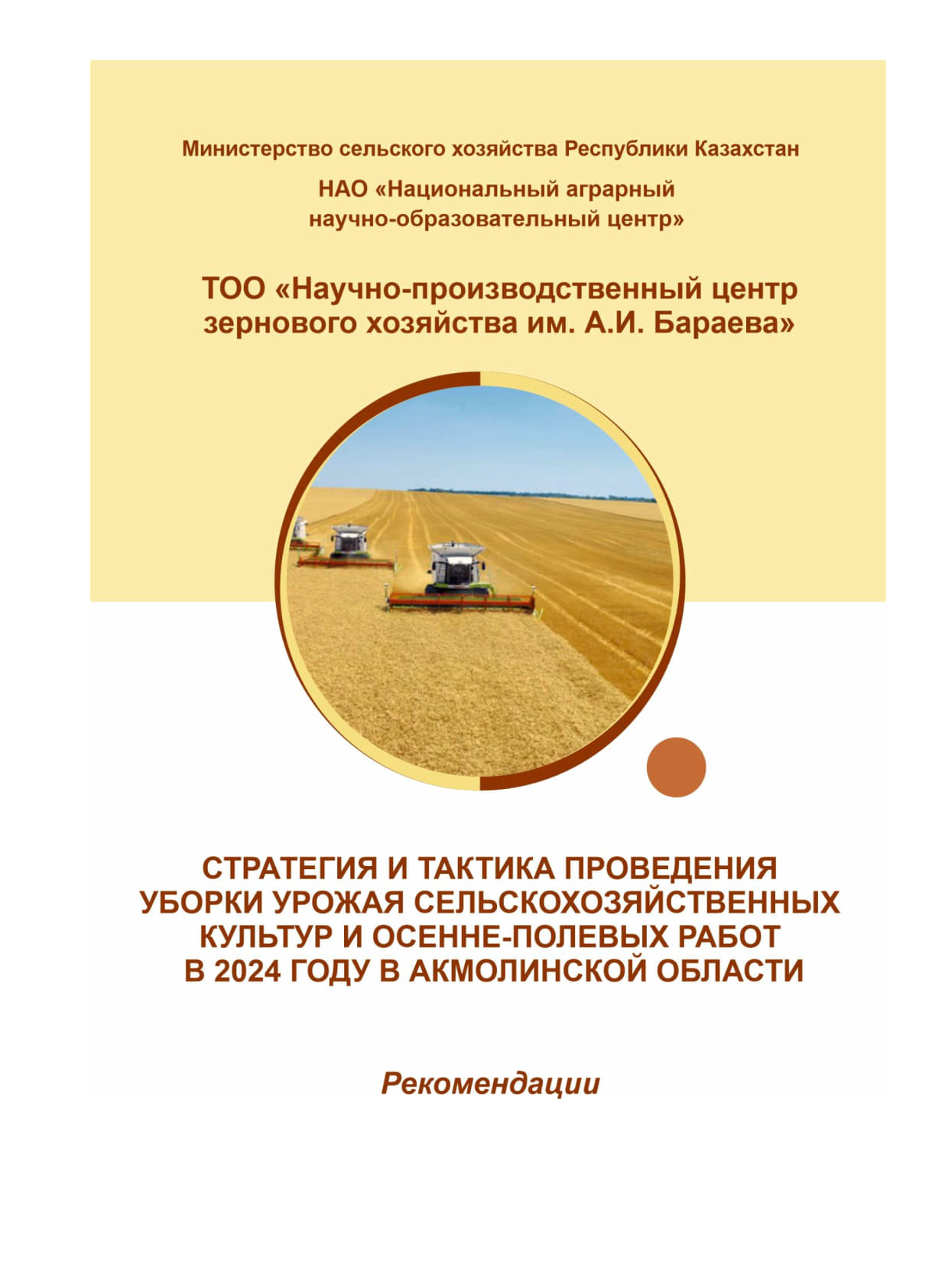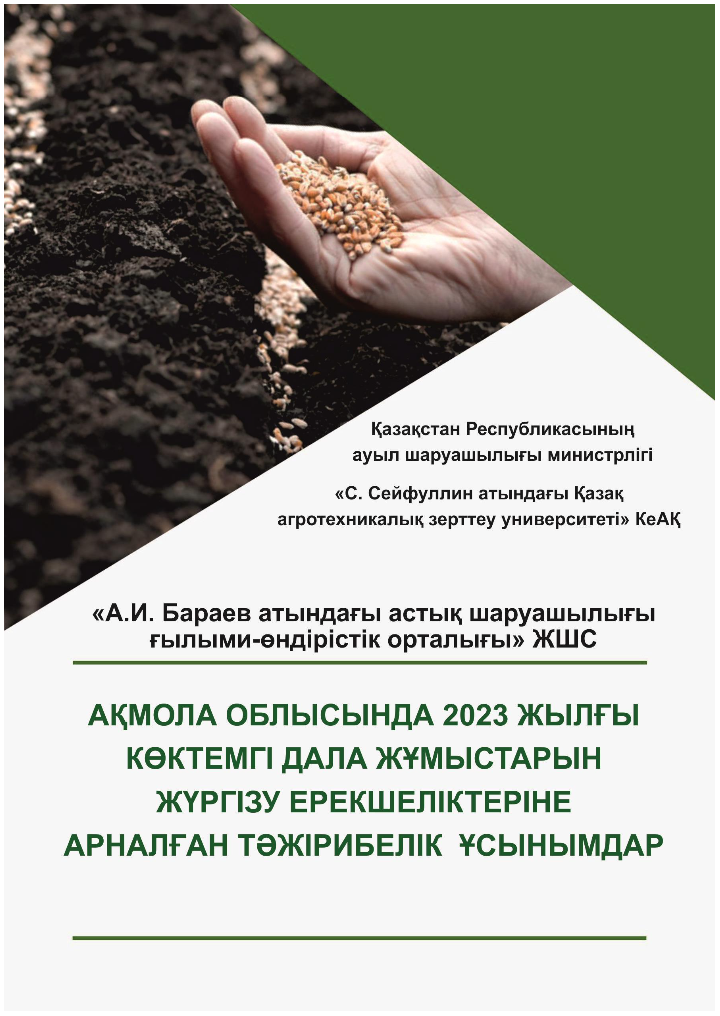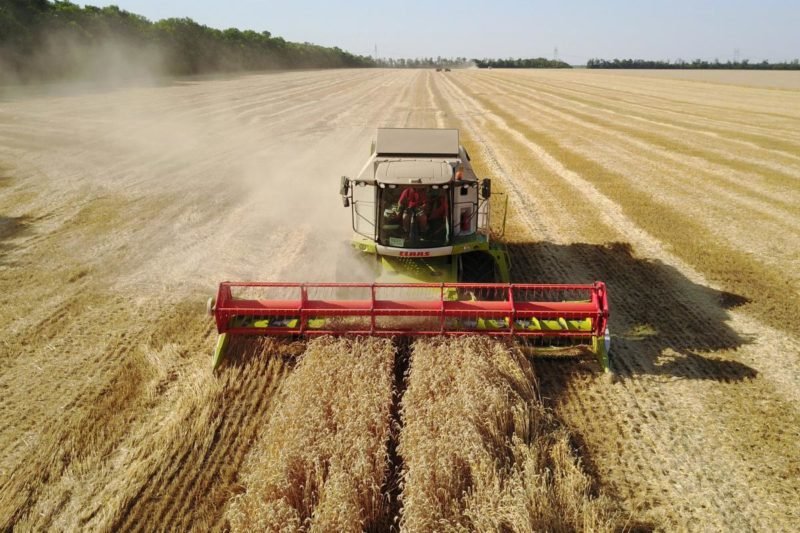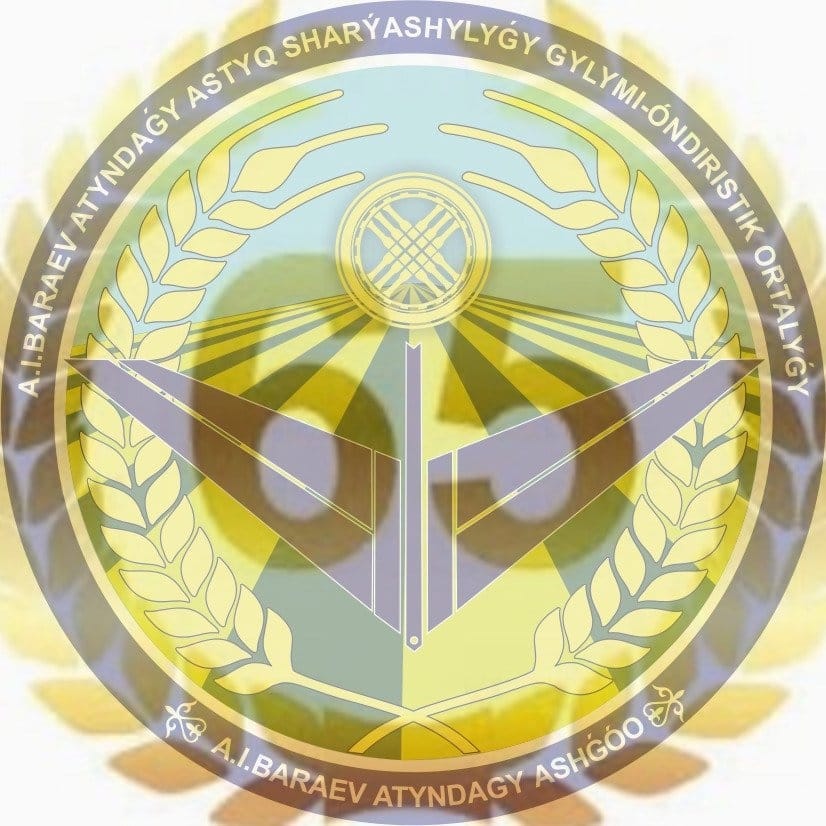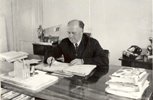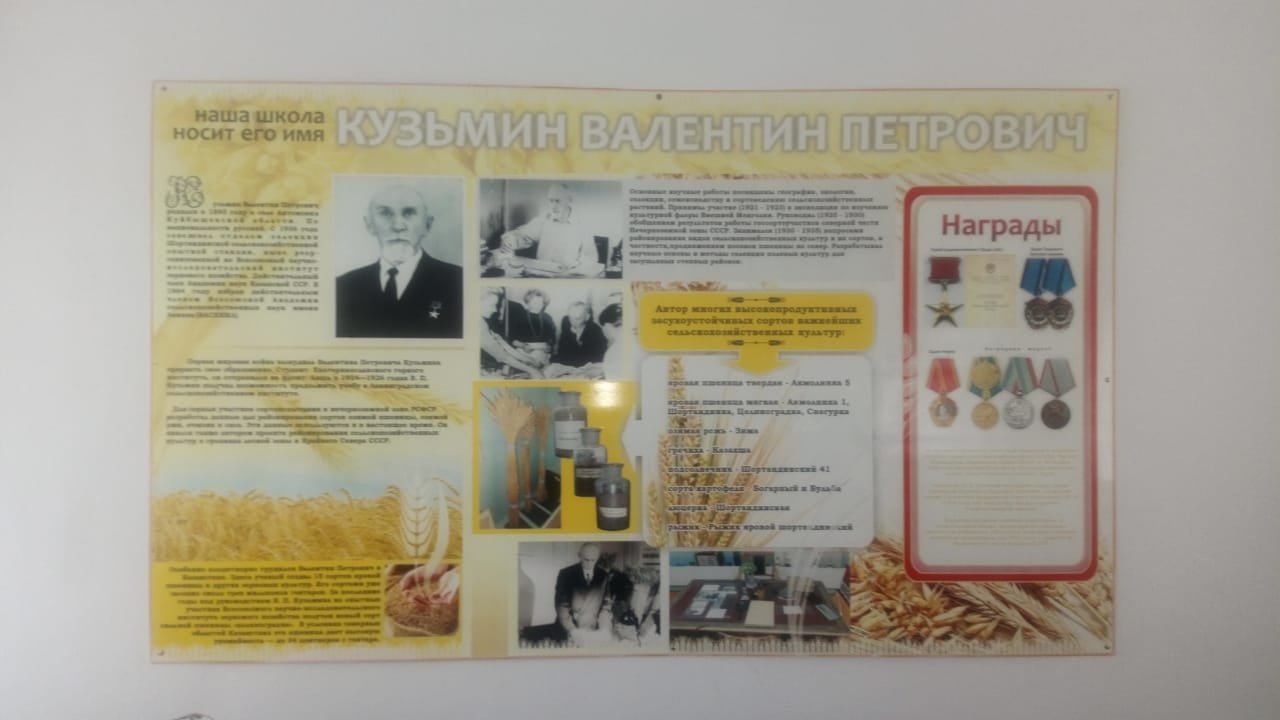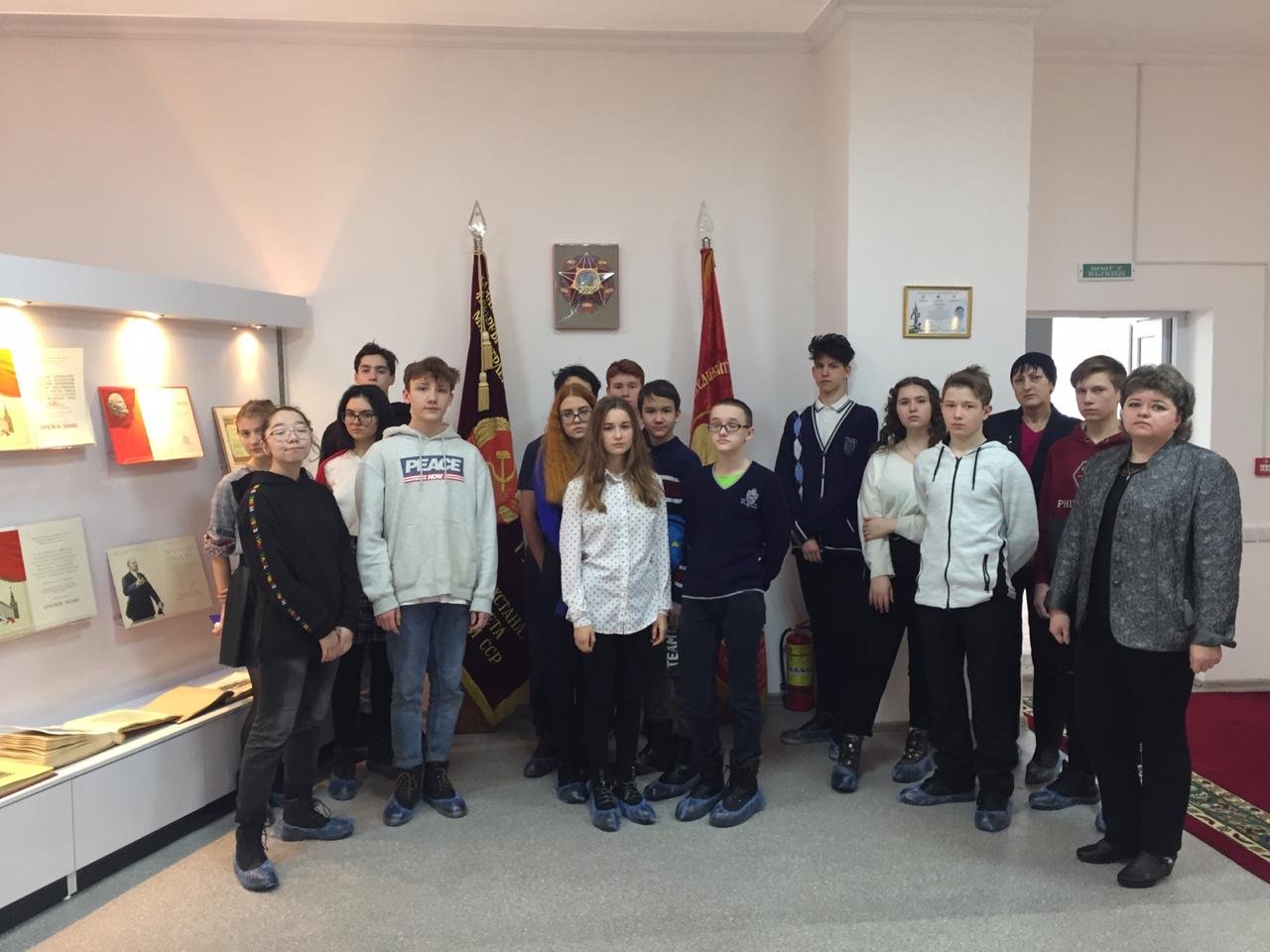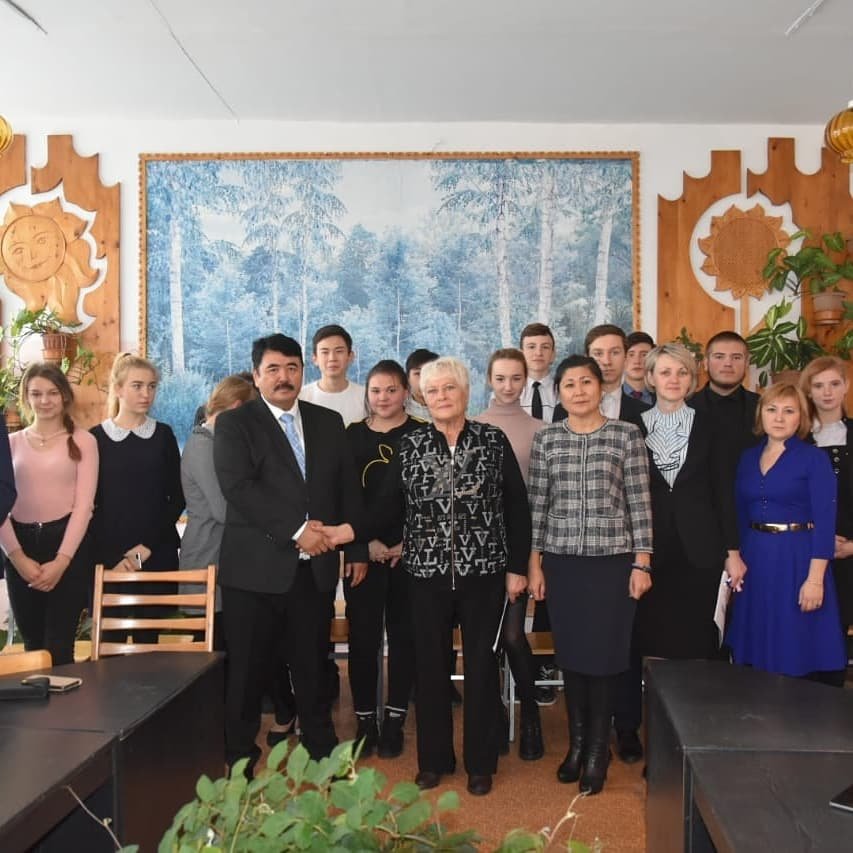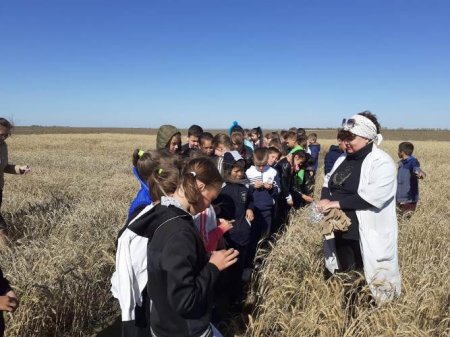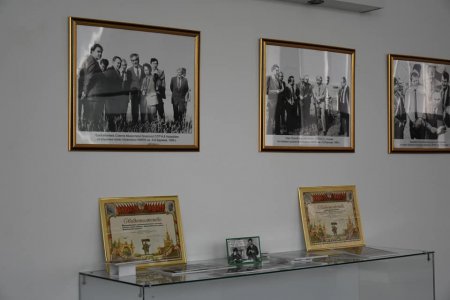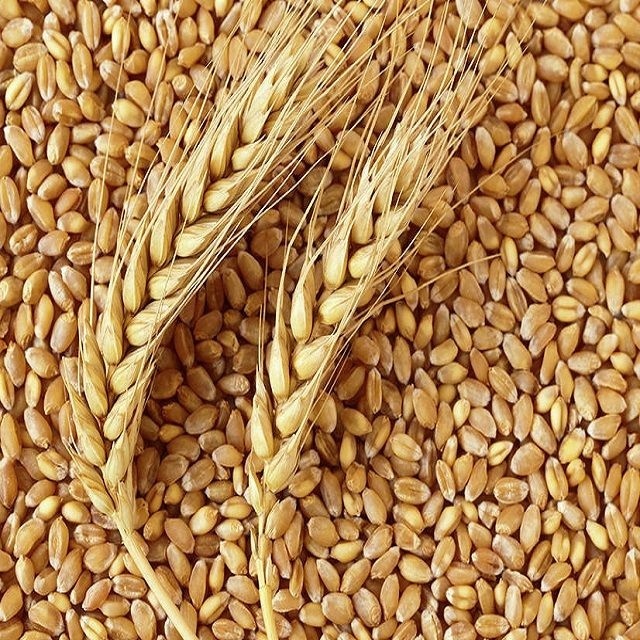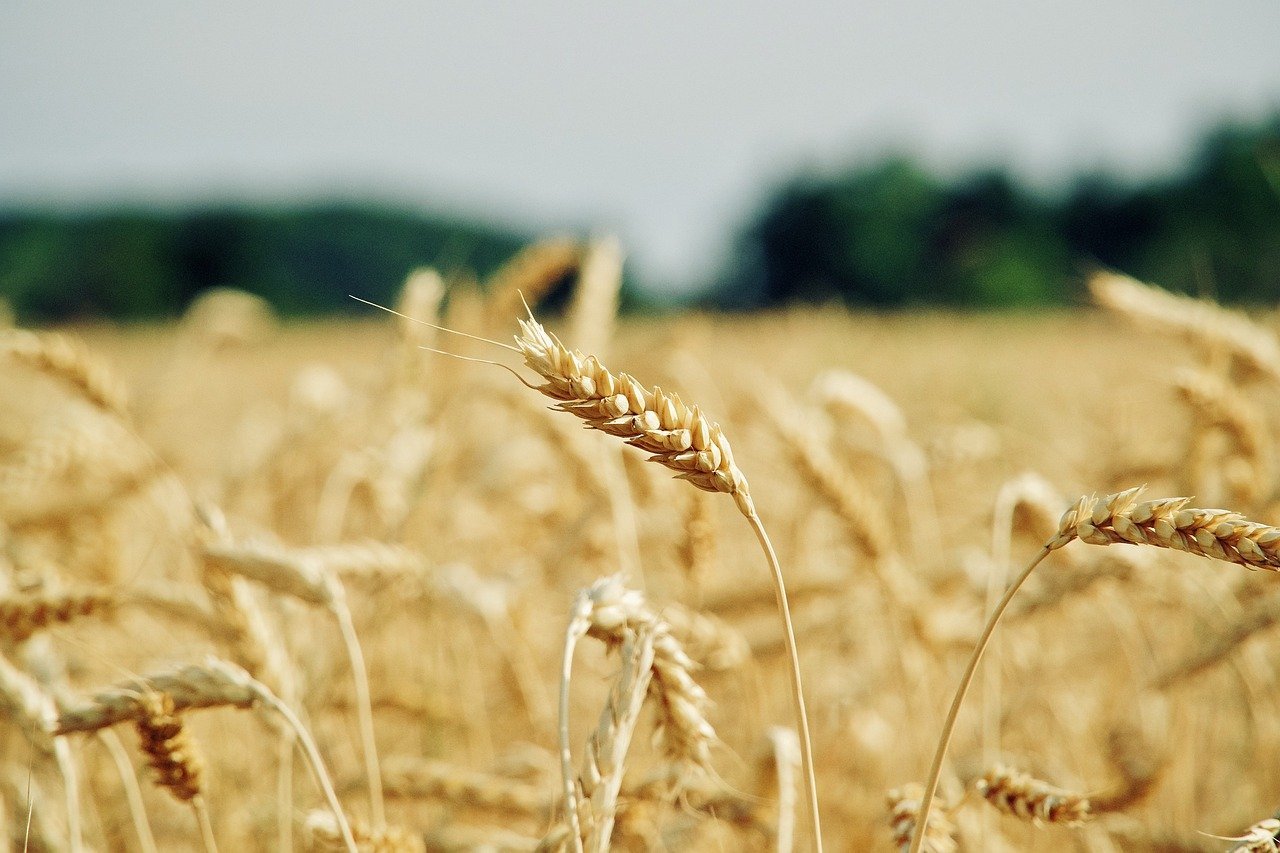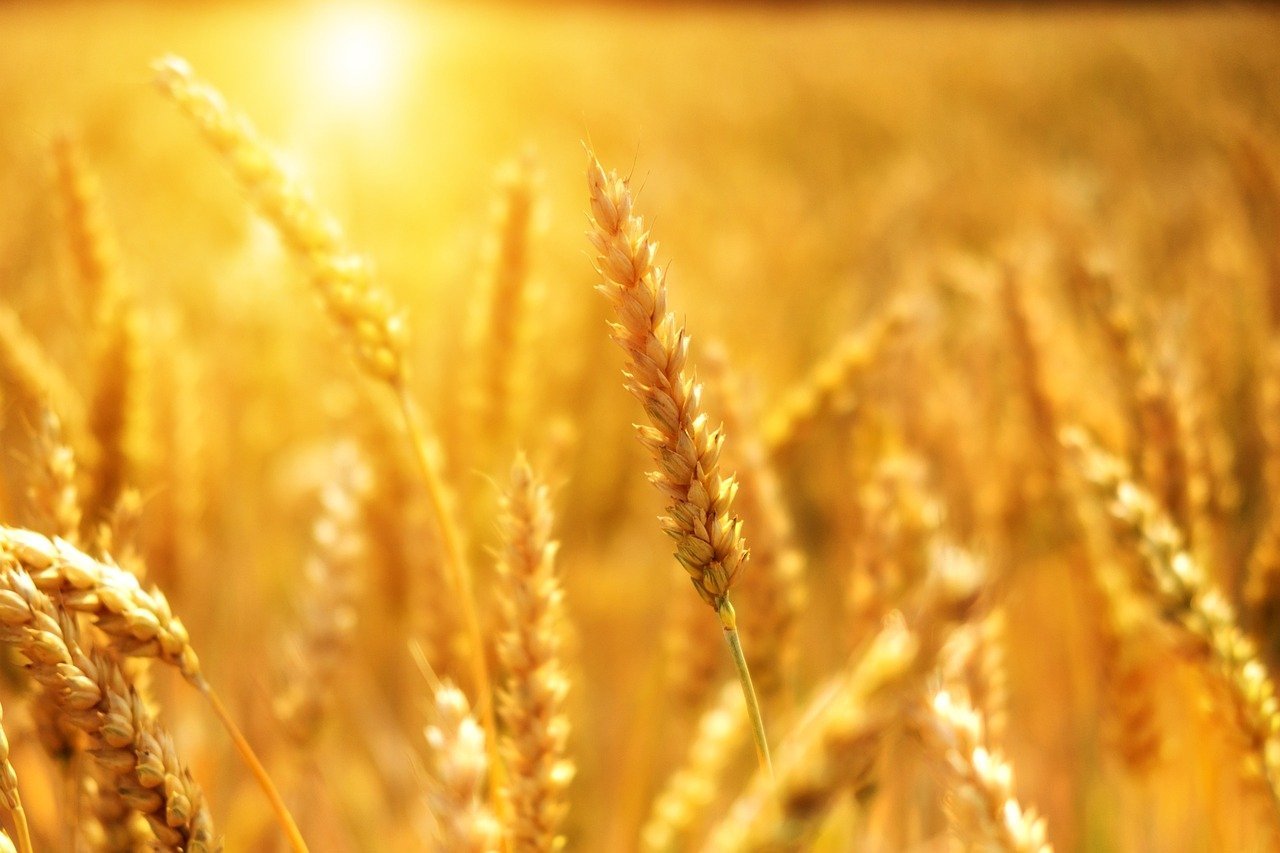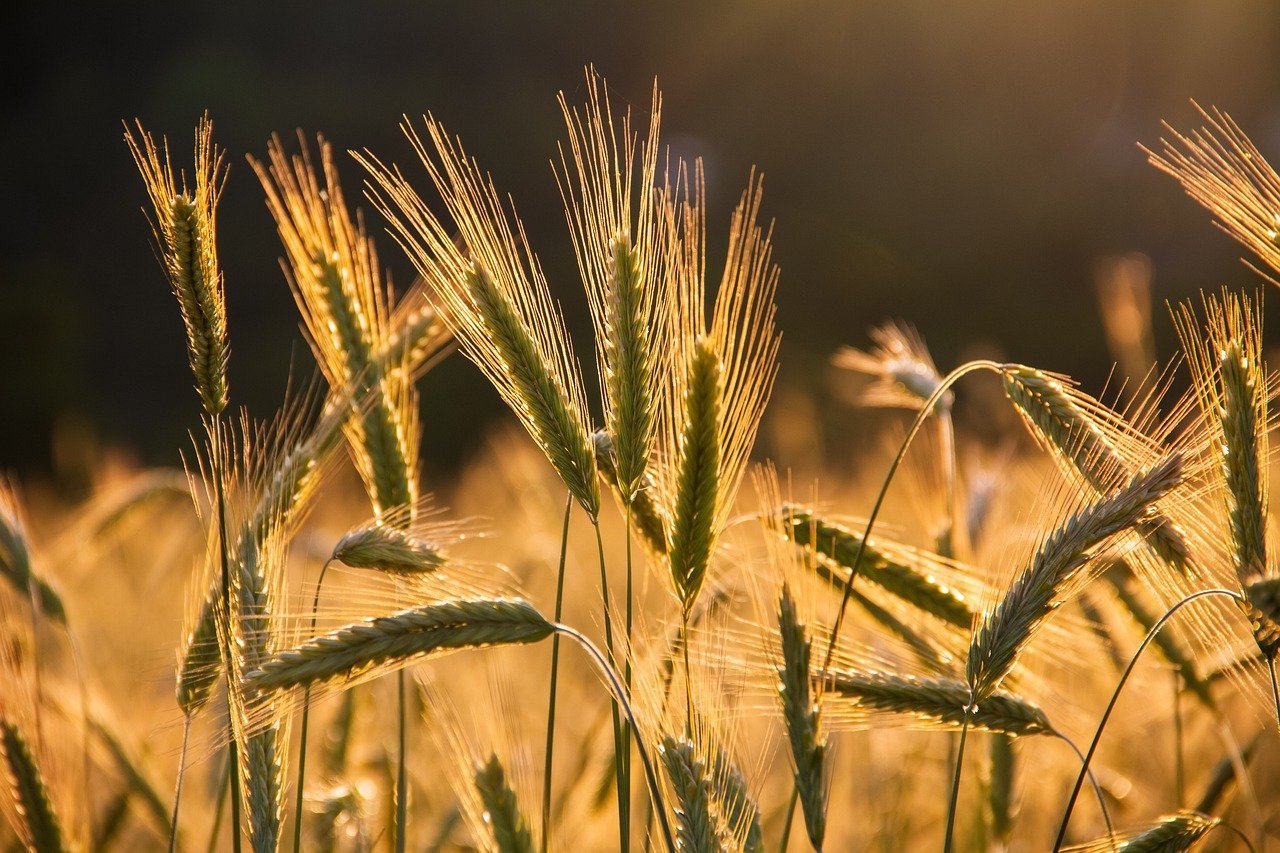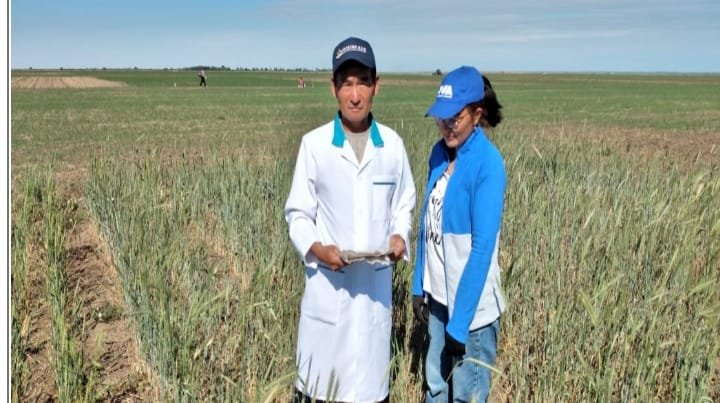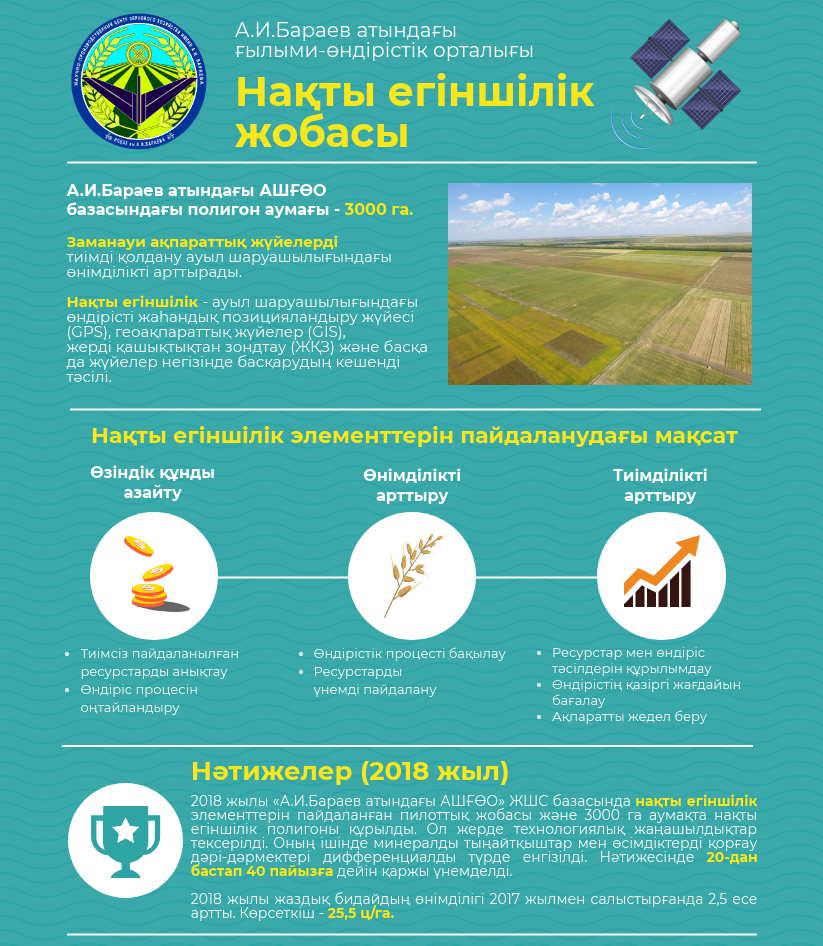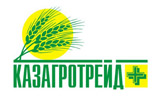“I’ll take you to the museum...”
Главная / News / Main news
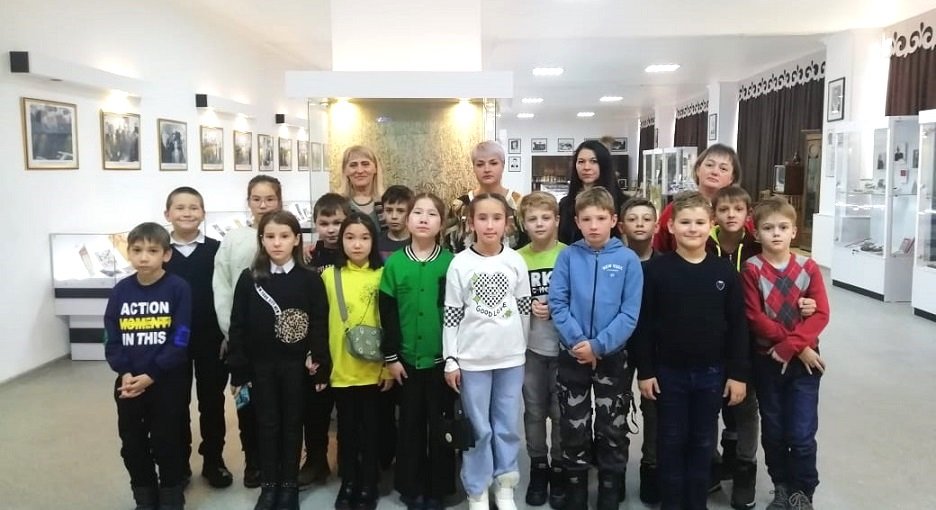
These nostalgic lines from the well-known poetry of the Soviet writer, poet Sergei Mikhalkov came to mind when I saw a crowd of children with adults near the public museum of the SPC GF named after A.I.Barayev on a weekday afternoon. When it later turned out that these were the mothers of the 4th grade pupils of the Damsa Secondary School named after V.P. Kuzmin, they jointly organized transport, initiating an excursion for their children to the museum. These fourth graders listened with great pleasure to the Proskura O. P., the head of the museum of the Center.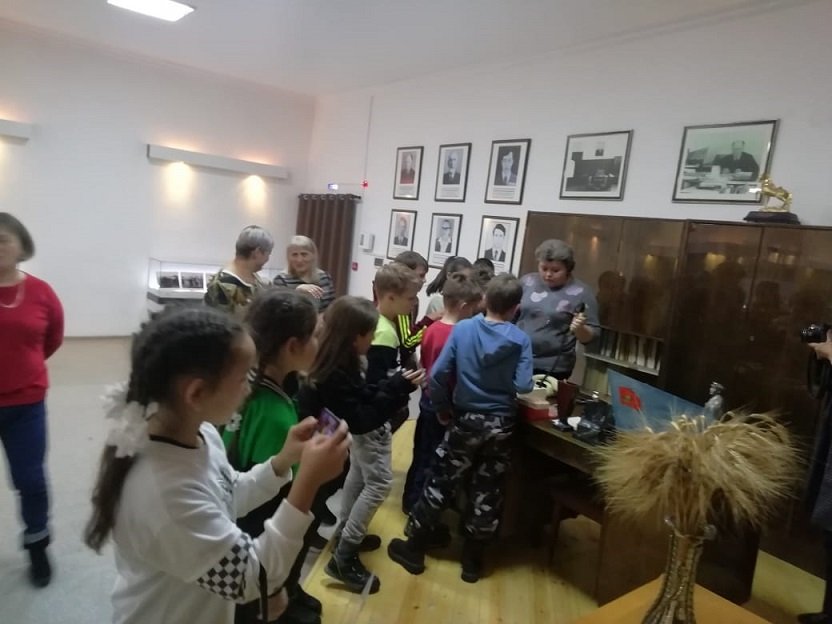
Each historical stand aroused their interest and, accordingly, they asked a lot of questions, to which they received answers from Olga Pavlovna. Someone took pictures on their smartphone, moving with interest from one stand to another. It was spectacular! Sincere inquisitive views of children and direct questions unnecessarily emphasized how important the importance of museums, where imperishable exhibits of a bygone era, full of great discoveries, events and outstanding personalities, are stored.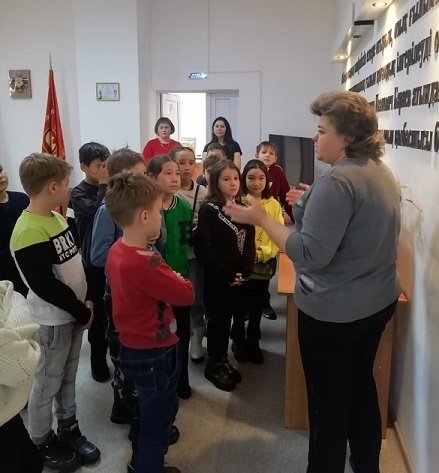
As the class teacher of these students, Svetlana Adamenko, told, before this significant excursion, she held a conversation about the role and place of the Grain Farming Center named after A.I. Barayev in our country. She also paid special attention to the life and work of the famous academician, breeder Kuzmin Valentin Petrovich, whose name in 1973 was named after a secondary school in the Damsa settlement. (This school was built on budgetary funds of that period and also a significant share of funds from the royalties received for breeding new promising varieties, where the contribution of the scientist V.P. Kuzmin is invaluable.)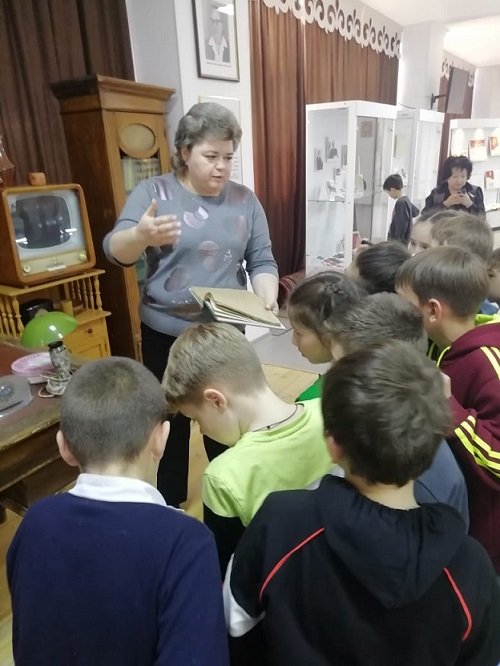
Then the children were invited to the scientific library of the Center, where, in addition to modern scientific monographs and publications, the literature of the previous two centuries is stored.These real manuscripts, often with notes by the authors themselves, representing historical value, undoubtedly also aroused great emotions in children from touching history in its original form. They had a great desire to touch everything and feel the breath of that time.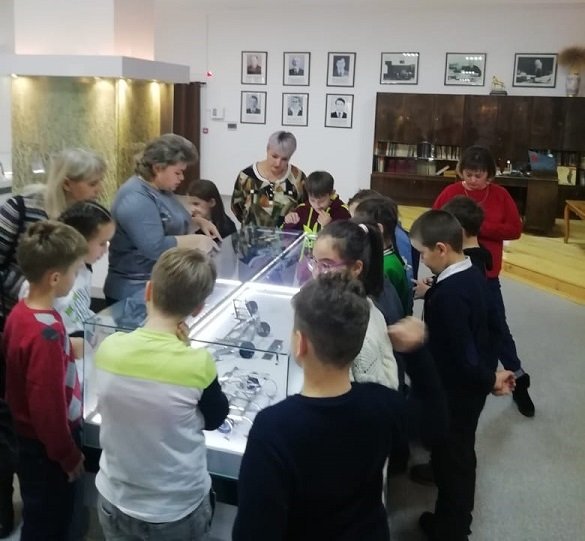
Personally, this caused me to feel deeply grateful to the organizers – the teacher together with the parents of this rural school for organizing such a meaningful event, for the desire to encourage their children to respect not only modernity, but also the history of bygone eras. Perhaps, among these young Damsins tomorrow someone will continue the work of these great scientists, thereby contributing to the improvement of the agricultural sector.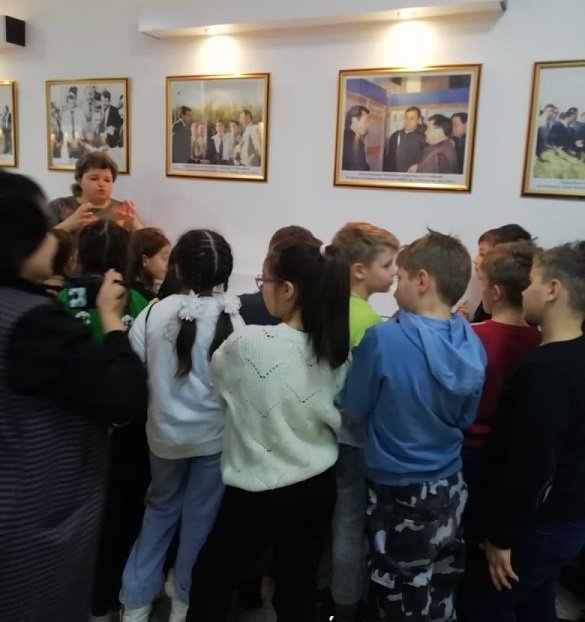
Having moved away from business rhetoric a little, I allowed myself small travel notes. Apparently, from the fact that I so want to see the younger generation thinking, parents reasonable.
S. Yeltokova
